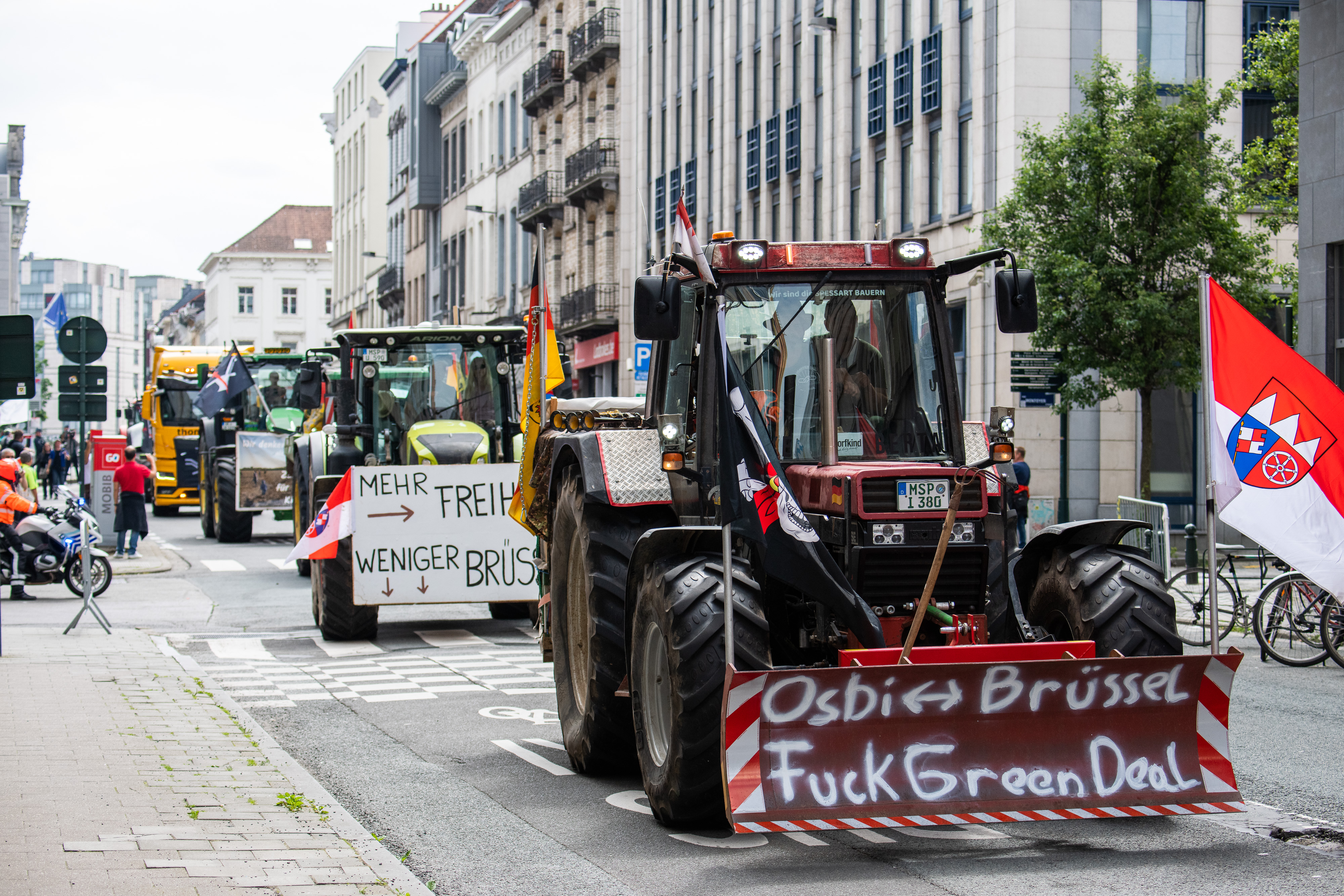He and other researchers continue to emphasise that a true rollback of the European Green Deal is highly unlikely. An analysis of the legislation introduced over the past years, conducted by Phuc-Vinh Nguyen of think tank Institut Jacques Delors, said that “a complete unravelling of the European Green Deal can be ruled out.” However, ad hoc majorities in the future European Parliament between right-wing and far-right groups could “jeopardise Europe’s ecological transition” going forward, Nguyen wrote.
The declining enthusiasm for climate action is partly due to worries that the transition could become costly for citizens who have to switch to low-emission heating or electric cars – and this is what populists are trying to exploit.
Populists often say that climate policies will hurt “ordinary people” with low and middle incomes. They set themselves up as the parties that guarantee stability and prosperity – or secure at the very least the status quo. This can be a successful narrative in times of inflation and an energy crisis caused by Russia’s invasion of Ukraine – even if it is questionable whether the parties could actually deliver on their promises once in power.
“People’s worries about their economic livelihoods are a typical gateway for right-wing rhetoric,” says Linus Westheuser. The sociologist at Humboldt University in Berlin also says that climate has become a much more politicised topic in the past couple of years, as the distributional consequences of the transformation are only now starting to dawn on people. “Far-right actors will seek to turn climate politics into a culture war between ideological city elites and the average voter worried about petrol prices.”
Westheuser proposes that governments introduce a mixture of massive job-creating public investments, financial support for the changes in energy and transport systems among the poorer half of households, and a compensation scheme for higher CO2 prices that distributes the money in a socially just manner.
He thus calls on policymakers of the mainstream parties to address climate change “as a question of social justice,” implementing policy which ensures that well-off businesses and people contribute more to fighting climate change.
“Here is the basis of a popular climate policy that does not fall into the trap laid out by the far right,” he says.

